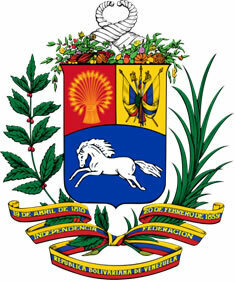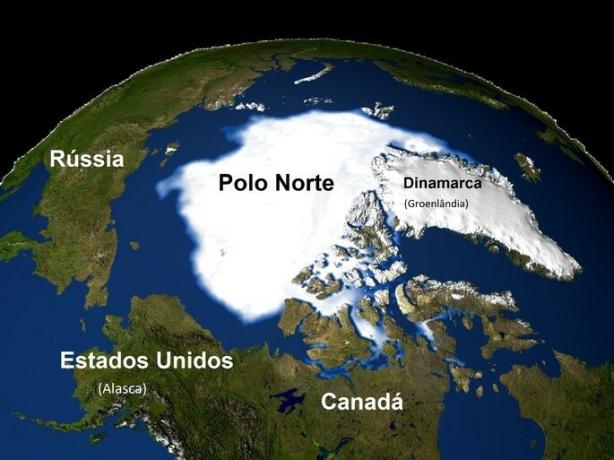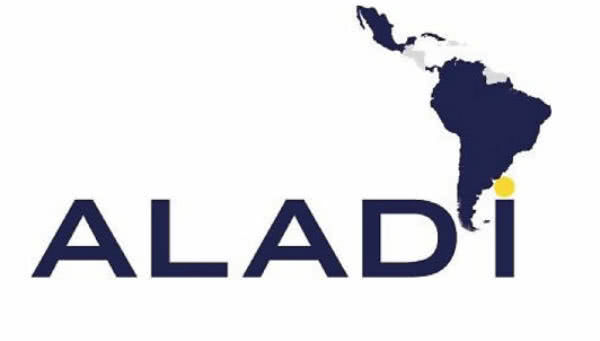Venezuela is a South American country with a jagged coastline, with peninsulas and islands in the Caribbean Sea, in addition to being bathed by the Atlantic Ocean. Its territory, before the arrival of European settlers, was inhabited by Indians from the Caribbean, Arawaks and Cumanagatos.
Venezuela, together with Colombia, Panama and Ecuador, formed, in 1819, the nation-state called Great – Colombia, which was ruled by Simón Bolívar (leader in the struggle for independence in these countries). However, in 1830, the country split from Greater Colombia, becoming an autonomous nation.
Currently, Venezuela is inhabited by 28.5 million people, according to data from the Brazilian Institute of Geography and Statistics (IBGE). Most of the population resides in the coastal region, where the main urban centers are located. Caracas, the national capital, is the most populous city: 2,985,000 inhabitants.
With the election of Hugo Chávez to the presidency, Venezuela has gone through several transformations in the political, economic and social sphere. In 1998, more than half of Venezuelans were below the poverty line, and policy change was needed. In this sense, voters rejected the traditional parties and opted for Hugo Chávez, who promised to reduce social inequality in the country, carry out agrarian reform, expand state power over the economy, in addition to being a major opponent of the government American.
Venezuela's economy has oil production and exports as its main source of income, accounting for 80% of exports. The product is extracted in the Maracaíbo Lake region, making the country one of the largest holders of oil reserves in the world and a member of OPEC (Organization of Petroleum Exporting Countries).
Do not stop now... There's more after the advertising ;)

Coat of Arms of Venezuela
Data from Venezuela:
Territorial extension: 912,050 km².
Location: South America.
Capital: Caracas.
Tropical weather.
Government: Presidential Republic.
President: Hugo Rafael Chávez Frías (since 1999).
Administrative division: 23 states, 1 federal district, (Caracas) and 72 federal dependencies.
Language: Spanish (official).
Religions: Christianity 94.6% (93.4% Catholics, 1.2% Protestants), other 2.9%, no religion and 2.5% atheism.
Population: 28,583,366 inhabitants. (Men: 14,348,961; Women: 14,234,405).
Composition: 67% Euramerindians, 21% Iberian Europeans, 10% African Americans, 2% Amerindians.
Demographic density: 31.3 inhab/km².
Average annual population growth rate: 1.6%.
Population residing in urban areas: 93.75%.
Population residing in rural areas: 6.25%.
Undernourished population: 12%.
Illiteracy rate: 4.8%.
Life expectancy at birth: 73.4 years.
Infant mortality: 17 deaths per thousand live births.
Human Development Index (HDI): 0.696 (high).
Currency: Venezuelan Bolivar.
Gross Domestic Product (GDP): 313.8 billion dollars.
GDP per capita: $8,559.
External relations: World Bank, IMF, Rio Group, OAS, WTO, UN, OPEC.
By Wagner de Cerqueira and Francisco
Graduated in Geography
Brazil School Team
Venezuela - countries - geography - Brazil School



